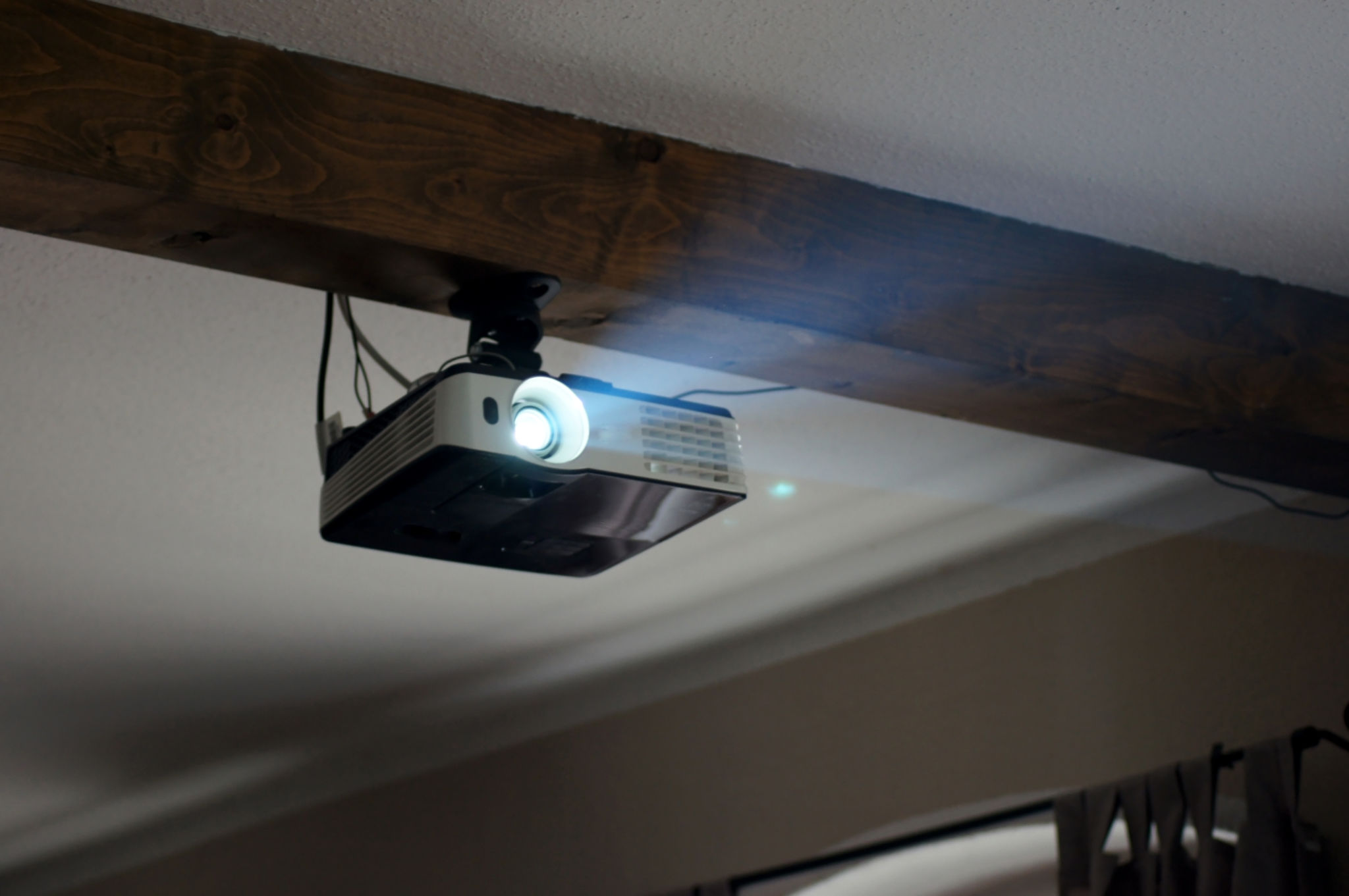How to Choose the Right Projector and Screen for Your Needs
AM
Understanding Your Environment
When it comes to choosing the right projector and screen for your needs, the first step is understanding your environment. Consider the room size, ambient light, and the fixed or flexible nature of your setup. A projector that works well in a small, dark home theater might not perform as well in a large, brightly lit conference room.
For rooms with abundant natural light, you might need a projector with higher lumens to ensure a clear image. On the other hand, a smaller room with controlled lighting might allow for a projector with fewer lumens. Assessing your space is crucial to making an informed decision.

Projector Specifications
Once you have a clear understanding of your environment, it's time to dive into the specifications of projectors. The key specs to consider include brightness (measured in lumens), resolution, and contrast ratio.
Brightness is important for visibility. If you plan to use the projector in a well-lit environment, opt for a model with at least 3,000 lumens. For darker settings, you might be able to go lower. The resolution of the projector determines image clarity. A 1080p projector is typically sufficient for most uses, but if you're looking for higher quality, consider a 4K projector.
Choosing the Right Screen
The type of screen you choose is as important as the projector itself. Consider the screen size in relation to your room size and seating distance. Larger screens are great for big rooms, but they can overwhelm smaller spaces.
There are various types of screens available, including fixed frame, retractable, and portable screens. If you need flexibility, a retractable or portable screen might be the best choice. For a permanent setup, a fixed frame screen can provide a sleek and professional look.

Connectivity and Compatibility
Another critical factor is ensuring that your projector has the right connectivity options for your devices. Most modern projectors come equipped with HDMI ports, but check for additional ports such as USB and VGA if needed.
If you plan to stream content or connect wirelessly, look for projectors with built-in Wi-Fi or Bluetooth capabilities. This feature can enhance convenience and reduce cable clutter in your setup.
Budget Considerations
Your budget will inevitably play a role in your decision-making process. Projectors and screens come in a wide range of prices, so determine your budget before shopping around. Keep in mind that the cheapest option may not always provide the best performance or durability.
Consider long-term costs as well, such as replacement lamps or maintenance fees. Investing in a quality product may save money over time by reducing the need for repairs or upgrades.

Test and Compare
Before making a final decision, test different models if possible. Many electronics stores offer demo units that allow you to assess picture quality and ease of use firsthand. Take this opportunity to compare different models within your price range.
Online forums and reviews can also provide valuable insights from other users who have experience with specific models. This research can help identify any potential issues or advantages you might not have considered initially.
Final Decision
After evaluating all these factors, you should be in a strong position to choose the right projector and screen for your needs. Make sure that your choice aligns with both your immediate requirements and future plans.
Remember that the perfect setup enhances your viewing experience whether it's for home entertainment, business presentations, or educational purposes. Armed with this knowledge, you're ready to make an informed purchase that will serve you well for years to come.